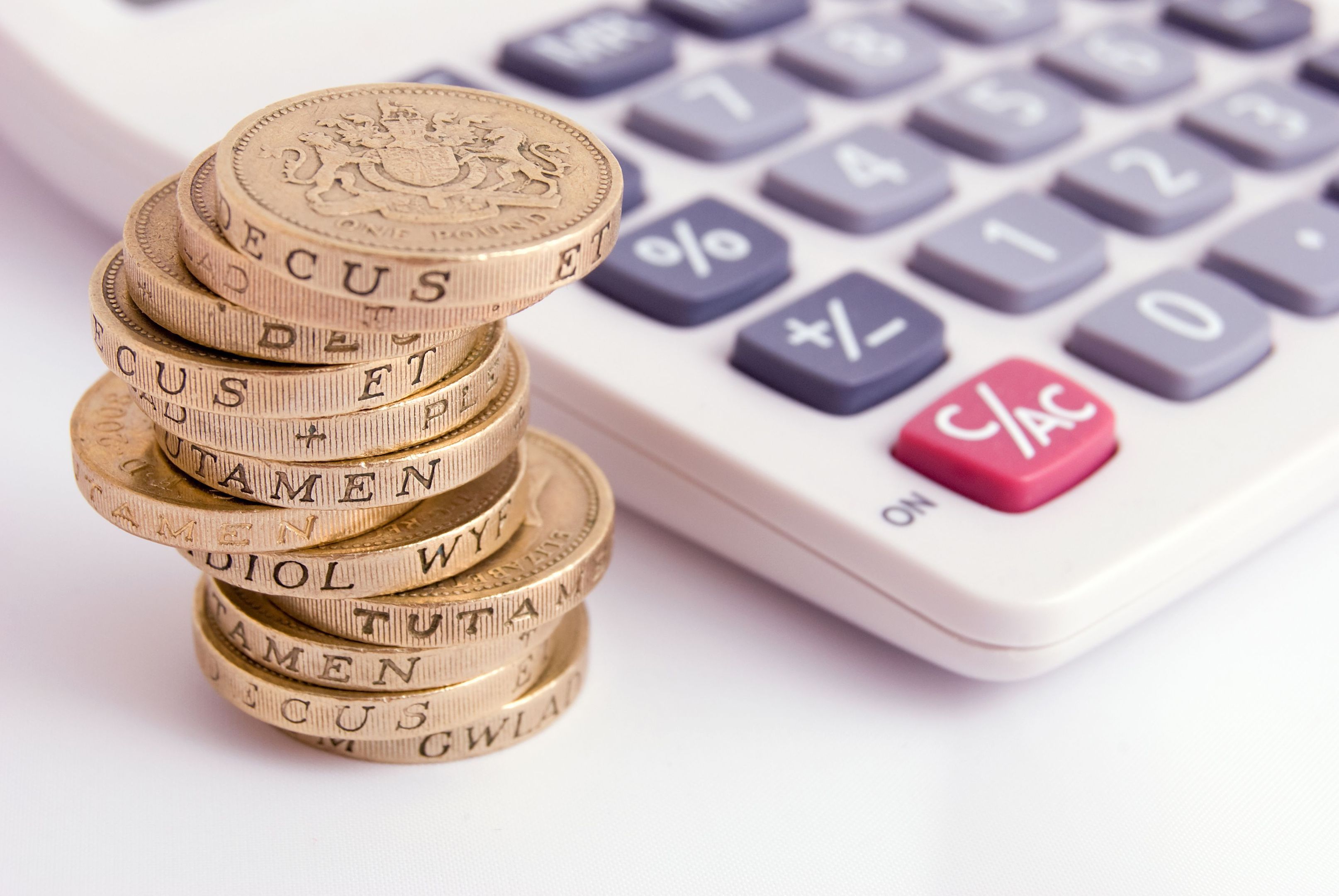
THE average Briton needs £21,000 in savings to feel financially secure, a survey has found.
Many savers are less than £5,000 short of this goal, according to the research from Nationwide Savings.
A survey of 2,000 people with a savings account found people typically have £16,460 put away. When asked how much cash is needed to feel financially secure, the average answer was £21,313.
Women’s savings tended to be much lower than men’s, with the average female saver having just under £13,000 and the typical male saver having just over £20,000 put away.
Women were also more likely than men to feel anxious as a result of their lack of savings, with 44% of women having found themselves feeling this way, compared with 30% of men.
The survey also suggests low interest rates on traditional savings accounts could be driving people to put their cash in a wider range of places, some of which could carry a greater risk.
While returns on savings accounts may be low generally, money held in UK banks and building societies does have the protection of the Financial Services Compensation Scheme (FSCS), which compensates savers if their provider goes bust.
One in seven (14%) savers surveyed are investing money in property, 6% are putting their money into jewellery and 6% hope to make decent returns by investing in art and antiques. Around one in 50 (2.1%) people surveyed have invested in rare comic books.
Looking across the UK, the survey found people in Northern Ireland were the most likely to have invested money in alcohol, people in the North East of England were the most likely to say they had invested in comics and people in the East Midlands were the most likely to have a portfolio of properties as an investment.
People in the South West of England were particularly likely to have invested in rare coins, the research suggested.
Older people were particularly likely to have looked into alternative ways of investing their cash. More than half (56%) of people aged 55 and over had been encouraged to look at alternative ways to save, compared with 27% of people aged 18 to 24 years old.
Men were also more likely than women to have looked at alternative investments, with 49% of men having done so, compared with 35% of women.
Older people and men were more likely than younger people and women to know the interest rate on their savings account, the research found.
More than one in five (21%) people surveyed had not changed their account since 2009 – perhaps in a sign that they did not think it was worth it in the low interest rate environment.
READ MORE
Get your finances back on track by taking these practical steps
Report finds ‘worrying’ dip in 40-somethings saving enough for retirement

Enjoy the convenience of having The Sunday Post delivered as a digital ePaper straight to your smartphone, tablet or computer.
Subscribe for only £5.49 a month and enjoy all the benefits of the printed paper as a digital replica.
Subscribe